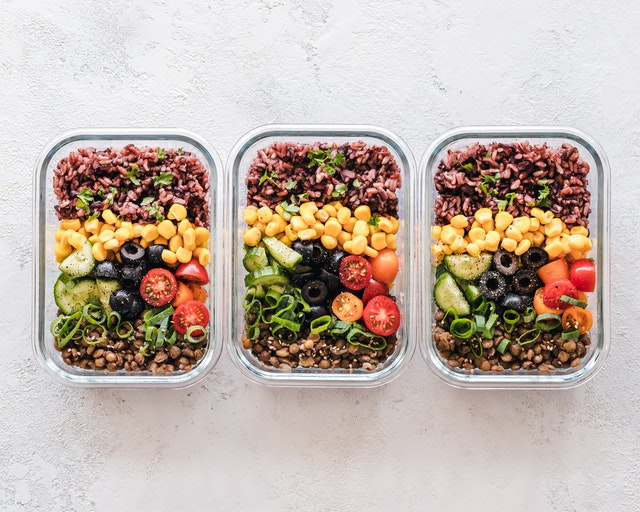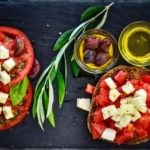
How To Meal Plan: 3 Steps To The Perfect Plate
We are often told of what we should be eating to be healthy. “Eat whole grains, lean proteins, and healthy fats… Cut back on the salt, fatty foods, and sweets”. Although this is common knowledge and many do try to follow these guidelines, one of the important aspects that we forget is on the quantity of the meals. Sure, a plate filled with pasta, chicken, and vegetables sounds healthy, but if don’t know how to meal plan, you may be doing more harm than good to your body.
It’s a saying that we should always prefer “quality over quantity”. But when it comes to nutrition, finding the balance is the key! Here are some tips to achieve the perfect plate:
How To Meal Plan: Macronutrient Ratios
The key to a nutritious and balanced plate is keeping half of the plate with free vegetables, a shy quarter for protein and carbohydrate, and reserving the small middle portions for healthy fats.
One good way to keep your portions in check is by measuring your food. Some examples are, one cup (200g) of rice is equivalent the size of your closed fist, a 3 ounce (85g) portion of meat or chicken equates to a deck of cards, one cup of cooked vegetables or chili works out at the size of a baseball or tennis ball.
Step 1: Protein Portions
To repair and keep your body in full function, proteins are what you need. They provide the amino acids needed in recovering your tissues. In a day, aim for 2-3 servings.
Step 2: Carbohydrate Portions
Carbohydrate is one of the most important nutrients because it supplies your body with the energy it needs. Carbs can be found in a variety of foods such as those with starch (like bread, pasta, cereals, etc.) Your carbohydrate intake will be dependent on your physical activity, age, and other factors. Typically in a day, carb portions are between 7-10 servings a day.
Step 3: Fat Portions
Fat, in moderation, isn’t the devil! It’s actually a good nutrient that helps in distributing other the fat-soluble vitamins and keep a reserve for your energy storage. It’s essential that you choose the healthier versions found in plant-based oils and fats. Go for omega-3 rich oily fishes. Also, avoid those loaded with saturated and trans-fat!
Let’s Talk About Meal Planning
Want to know more about meal planning? I can help you figure out which one will work best for you! Contact us now and let’s optimise your nutrition!



